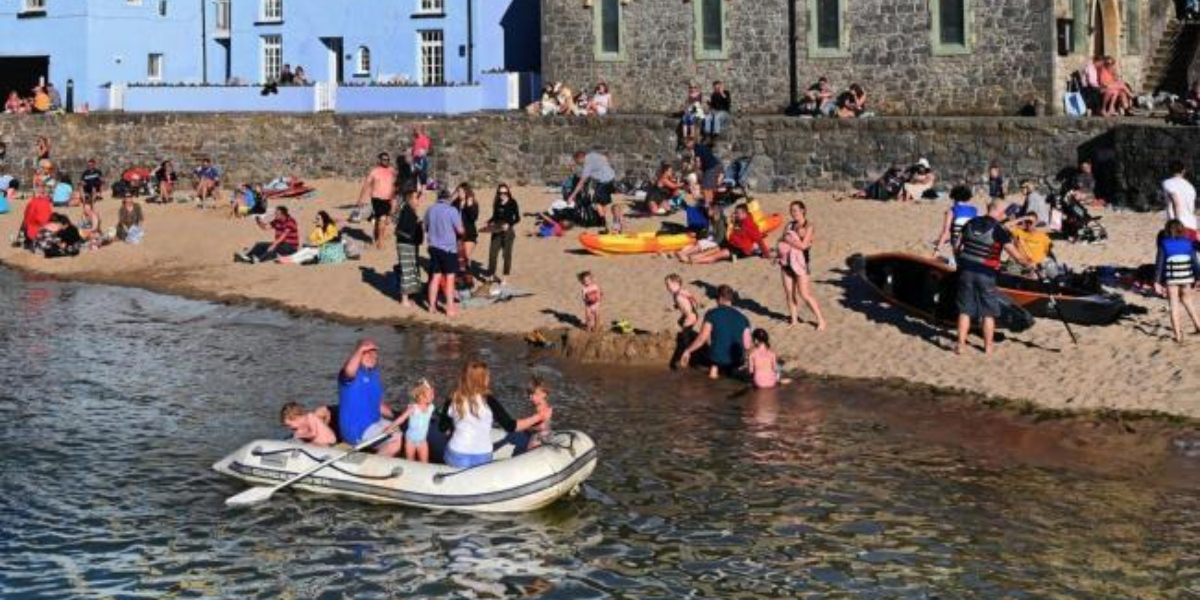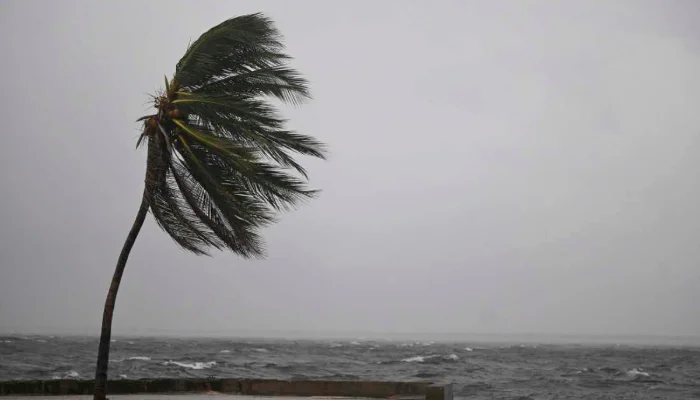In Wales, plans are in the works to impose a tourism tax to help authorities manage services and infrastructure in tourist areas. The Welsh Government stated in February that a tourist tax consultation will begin this autumn.
If the bill is passed, local governments will have the option of imposing a visitor charge. However, as Britain fights the cost-of-living problem, Ashford Price, membership secretary of the Welsh Association of Visitor Attractions, is afraid that it may make the country’s holiday sector less competitive.
Mr Price told North Wales Live that the proposal was “unfathomable” to many tourism firms still recovering from the Covid outbreak and now facing increased energy, fuel, and food expenses.
He added: “Even more critical for Welsh tourism is that British people are forecast to see the biggest drop in their living standards since the 1950s, with £1,200 of additional household costs, and a real income drop of over 3 per cent. Thus, for some families their future Welsh holidays, are already in doubt.
“All the other devolved areas have looked at the idea of a tourism tax. The most recent was Scotland. In the end, they all have abandoned the idea owing to the potential damage to their tourism industries.
“If this Welsh tourism tax does come about, how many of our potential customers will simply vote with their feet and go to Devon, Ireland, or Scotland rather than pay yet another tax at a time when they are trying to cope with a personal cost of living crisis?”
Tourism is Wales’ second largest business, with visitors spending an average of £8 million every day. According to Mr. Price, the visitor economy employs a quarter of all VAT-registered enterprises.
He explained: “Wales has much to lose if this tax is implemented. Surely we need to encourage tourists to come to Wales, not tax them for coming!
“Wales has much to lose if this tax is implemented. Surely we need to encourage tourists to come to Wales, not tax them for coming!”
Visitor charges will be used to support local communities and companies, according to the Welsh government.
A spokesperson said: “We will take all views on board as part of the consultation process this autumn. The careful process of developing proposals for a levy, translating them into legislation, and then into delivery and implementation spans years, and will be subject to approval by the Senedd.”
Local tourism taxes exist in popular European countries such as Spain. Visitors to Benidorm and the Costa Blanca, for example, will now pay up to two euros each night in hotels, campsites, and hostels, potentially adding £94 to the cost of a two-week trip for a family of four.
Passengers on cruise ships will also have to pay a fee. The goal is to assist resorts in their recovery from the pandemic.
Mr Price, on the other hand, said that comparing the situation to Wales was “misleading” because the VAT rate for tourism enterprises in the United Kingdom is 20%. It is only 10% in several European destinations.
He went on to say that Wales’ tourism structure differs from that of many of its EU competitors. The majority of its consumers are daytrippers, however they contribute very little to the tourism sector.
“France has 433 million tourists staying overnight, and Spain 471 million staying overnight,” he said. “Wales has just 34 million overnight stays.
“Tourists who stay overnight in Wales spend on average about £190 per day, whereas the day visitors only spend about £30. Therefore, surely we should be encouraging overnight stays, not putting extra tax on tourists supporting the Welsh economy by staying overnight?”
A tourism tax, according to First Minister Mark Drakeford, would assist the business by increasing investment in visitor facilities such as restrooms and parking lots.
It will also help reduce the load on local taxpayers, who presently subsidise these facilities through council taxes, he added.
Mr Price, on the other hand, feels that a tourist tax will penalise local communities if employment are lost, as well as disrupt people’s plans to vacation in their own nation. “I don’t think Welsh people realise this tax will also hit them hard in the pocket,” he said.
“As an example, hen and stag parties staying overnight in Tenby will have to pay this tax, as will any Welsh person staying in a hotel or caravan park. Youngsters in tents will have to pay this tax. In fact, this tax will probably hit the lower incomes of many Welsh people far more than the tourists staying in £350 per night accommodation, who will not worry about an additional £15 on their bills.”
For the latest Business News Follow BOL News on Google News. Read more on Latest Business News on oldsite.bolnews.com


















